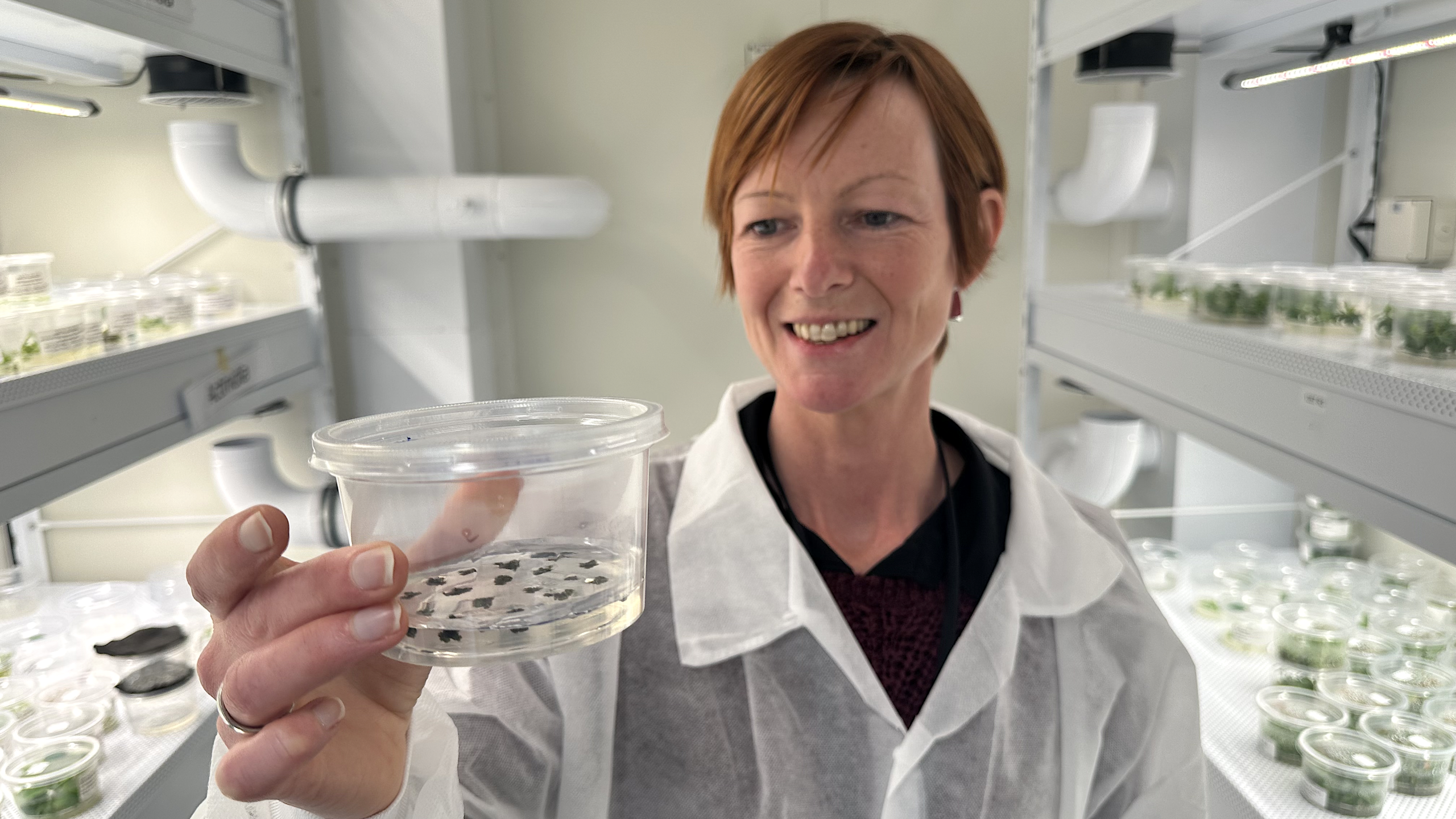Science
New Proposal Seeks Legal Status for Unique Indigenous Moss

Government researchers in New Zealand are collaborating with local Māori iwi to explore the commercial potential of an indigenous moss known for its unique medicinal properties. This initiative aims to establish a groundbreaking framework that could grant the slow-growing liverwort a form of legal personhood, similar to the recognitions given to the Whanganui River and Taranaki Maunga.
The proposal centers on vesting ownership and control of the intellectual property rights in the plant itself, a move that advocates believe could set a precedent for how indigenous knowledge and resources are recognized legally. By attributing legal status to the liverwort, the initiative seeks to protect its cultural significance and ensure that benefits derived from its medicinal uses directly support Māori communities.
This collaboration reflects a growing trend in which indigenous knowledge is increasingly valued within scientific and commercial contexts. According to the New Zealand government, this project aligns with efforts to uphold the principles of the Treaty of Waitangi, which guarantees Māori rights and interests in their natural resources.
The scientific community is optimistic about the potential applications of the liverwort’s medicinal properties. Researchers believe that the plant could contribute to advancements in various health treatments, enhancing its viability as a commercial product. By establishing clear frameworks for ownership and control, the project aims to ensure that Māori communities are involved in decision-making processes related to the plant’s use and commercialization.
As this initiative progresses, it may pave the way for similar endeavors in other regions where indigenous knowledge intersects with modern science. The recognition of legal personhood for natural entities could transform the landscape of intellectual property law, offering new protections for traditional knowledge systems worldwide.
In a statement, the Minister for Science and Research emphasized the importance of this collaboration, stating, “This project not only highlights the value of indigenous knowledge but also represents our commitment to fostering partnerships that benefit our communities.” The government is prepared to invest in research and development to further explore the potential of the liverwort and other indigenous plants.
As discussions continue, stakeholders are hopeful that this innovative approach will lead to significant advancements in both the recognition of indigenous rights and the commercialization of traditional knowledge. The proposal stands as a testament to the evolving relationship between science, culture, and commerce in New Zealand.
-

 World3 months ago
World3 months agoTest Your Knowledge: Take the Herald’s Afternoon Quiz Today
-

 Sports3 months ago
Sports3 months agoPM Faces Backlash from Fans During Netball Trophy Ceremony
-

 Lifestyle3 months ago
Lifestyle3 months agoDunedin Designers Win Top Award at Hokonui Fashion Event
-

 Sports3 months ago
Sports3 months agoLiam Lawson Launches New Era for Racing Bulls with Strong Start
-

 Lifestyle3 months ago
Lifestyle3 months agoDisney Fan Reveals Dress Code Tips for Park Visitors
-

 World3 months ago
World3 months agoCoalition Forms to Preserve Māori Wards in Hawke’s Bay
-

 Health3 months ago
Health3 months agoWalking Faster Offers Major Health Benefits for Older Adults
-

 Politics3 months ago
Politics3 months agoScots Rally with Humor and Music to Protest Trump’s Visit
-

 Top Stories3 months ago
Top Stories3 months agoUK and India Finalize Trade Deal to Boost Economic Ties
-

 World3 months ago
World3 months agoHuntly Begins Water Pipe Flushing to Resolve Brown Water Issue
-

 Entertainment3 months ago
Entertainment3 months agoExperience the Excitement of ‘Chief of War’ in Oʻahu
-

 Science3 months ago
Science3 months agoNew Interactive Map Reveals Wairarapa Valley’s Geological Secrets









